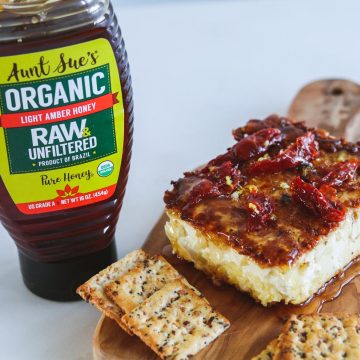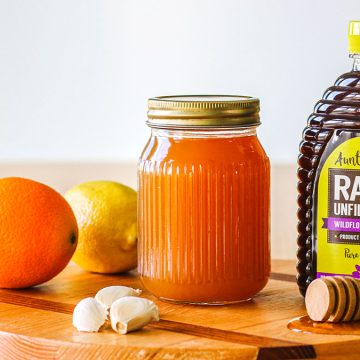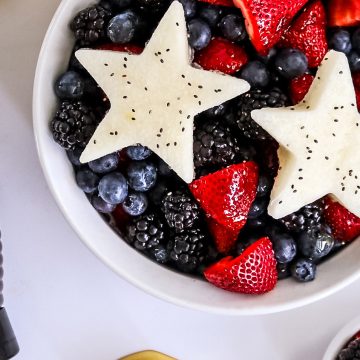Committed to Quality Since 1921
Nearly a century ago, we committed to making only the highest-quality honey. How would we guarantee it? By putting our beekeepers in charge. We’ve been making U.S.A. co-op honey trusted by American families everywhere ever since.
Honey for All
From classic Sue Bee® honey to Aunt Sue’s® Raw & Unfiltered Honey, we have something for every preference and use.
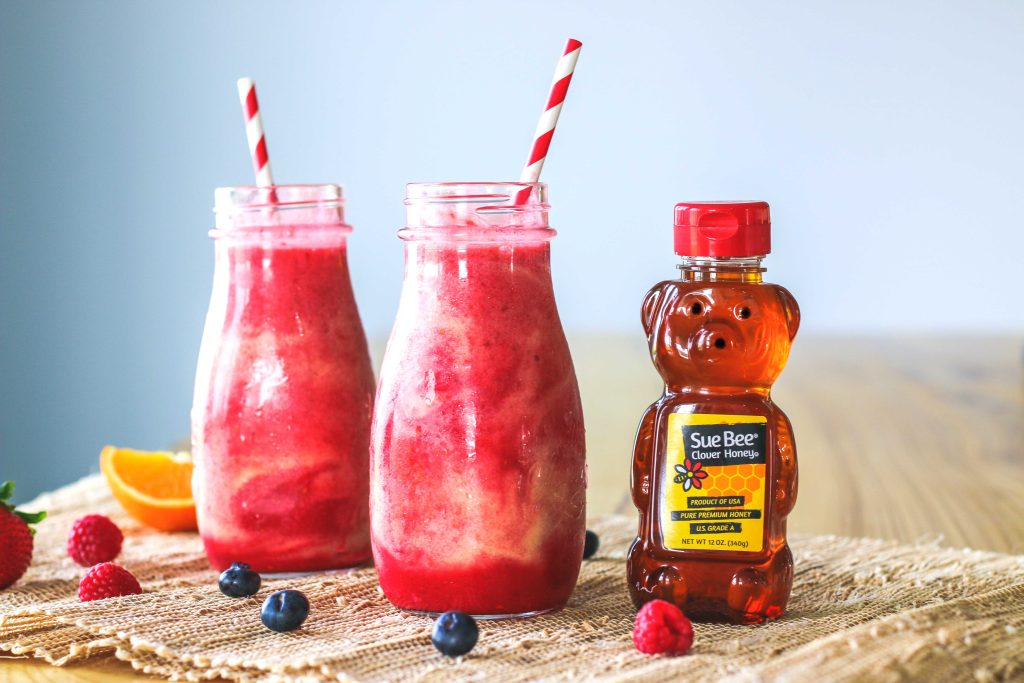
Sue Bee® Clover Honey
For nearly a century, Sue Bee® honey has been a mainstay for American families. Gently filtered to remove hive debris and prevent granulation, it’s delicious, golden U.S.A. honey. As it’s been since 1921; as it always will be. Explore Sue Bee® Honey
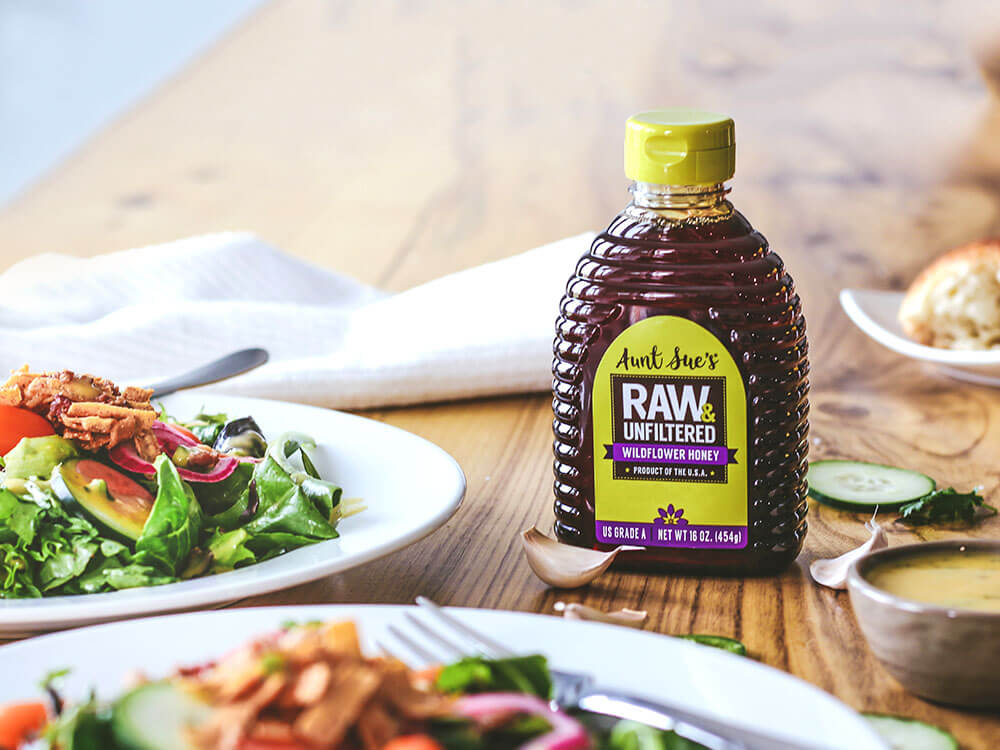
Aunt Sue’s® Raw & Unfiltered Honey
Bold, flavorful and unfiltered – that’s Aunt Sue’s® Raw & Unfiltered Honey. Our unique straining process allows natural pollen to remain in the honey and creates a more flavorful experience. Explore Aunt Sue’s® Honey
Frequently Asked Questions
If you have questions, we have answers. What do you want to know about our honey?
-
What's the difference between the types of honey Sioux Honey Association Co-op makes?
Sioux Honey Association Co-op has two brands of pure, premium honey, so there’s something for everyone. SUE BEE® honey is our classic clover honey. It’s filtered to a smooth perfection and has been a staple since 1921. AUNT SUE'S® Raw & Unfiltered Honey is exactly as described – raw and unfiltered. Available in wildflower or clover, it offers bold flavors and the benefits of natural pollen.
-
Where does Sioux Honey Association Co-op honey come from?
Our honey comes directly from our co-op of 200+ independent beekeepers – all of whom we know by name. Because we believe it’s not just where your honey comes from that matters, it’s who. And each of those beekeepers is passionate about providing the highest-quality honey for our SIOUX HONEY® consumers.
-
How should I store honey?
Honey is best kept in a sealed container at room temperature. Refrigeration preserves honey very well but also promotes granulation, yielding a semi-solid mass. Freezing, on the other hand, preserves honey well and does not promote granulation, but makes dispensing difficult. Avoid temperatures above room temperature because they promote the darkening of the honey, along with subtle flavor changes.

